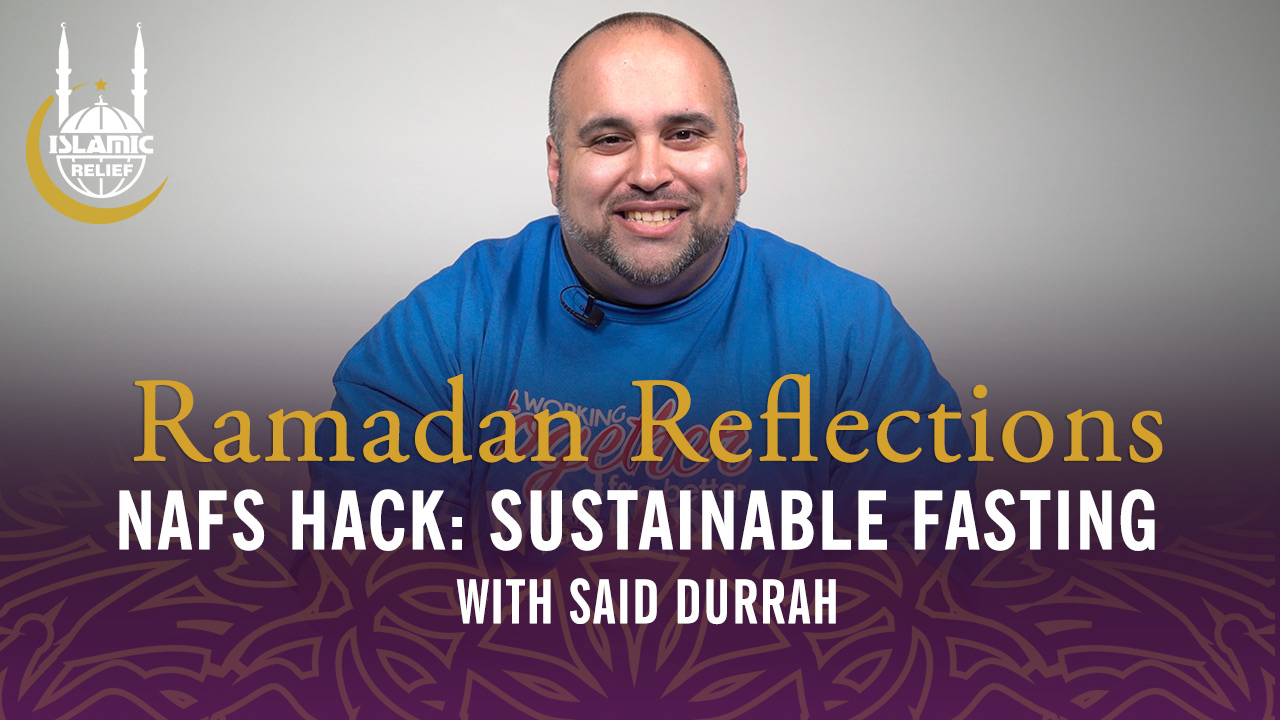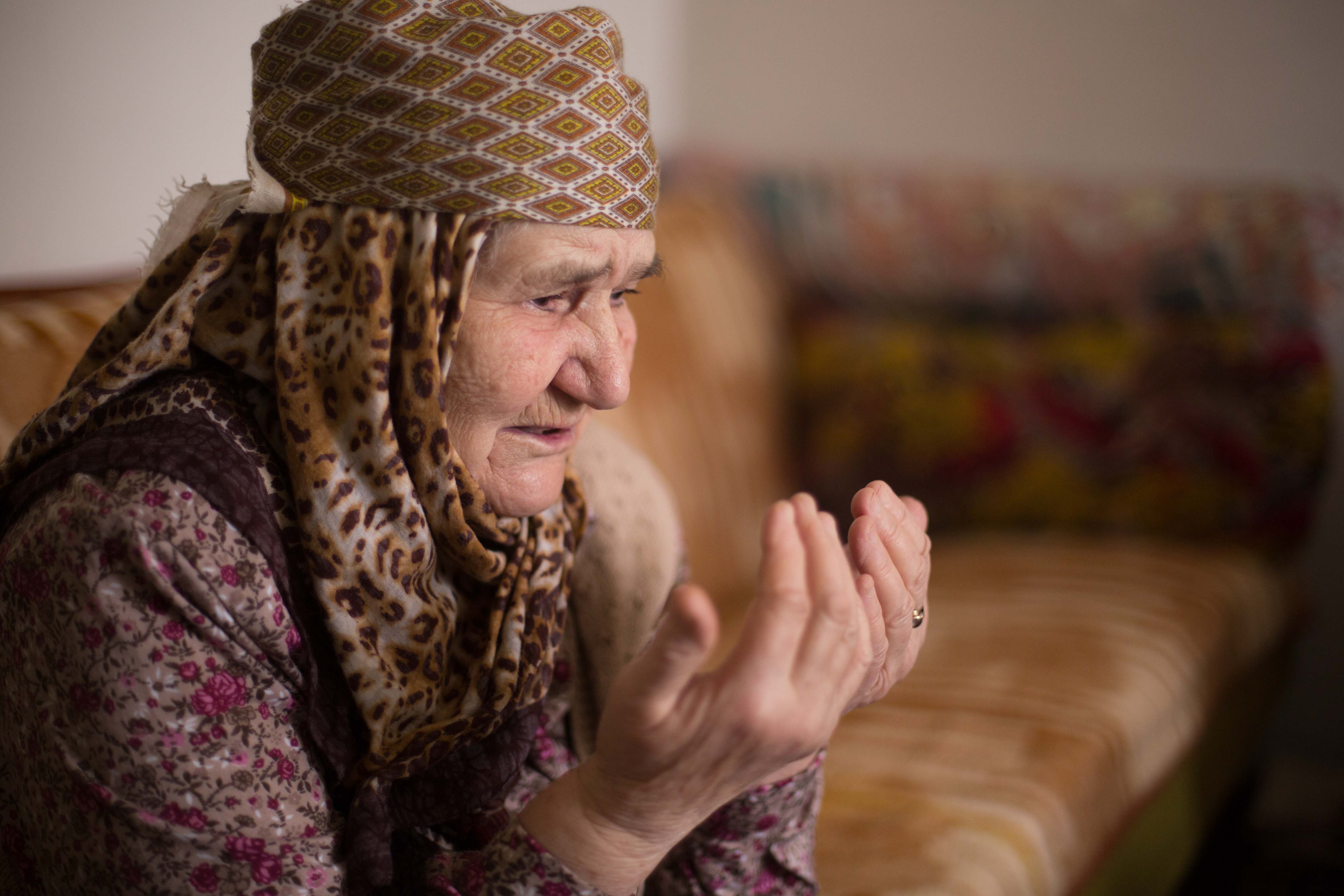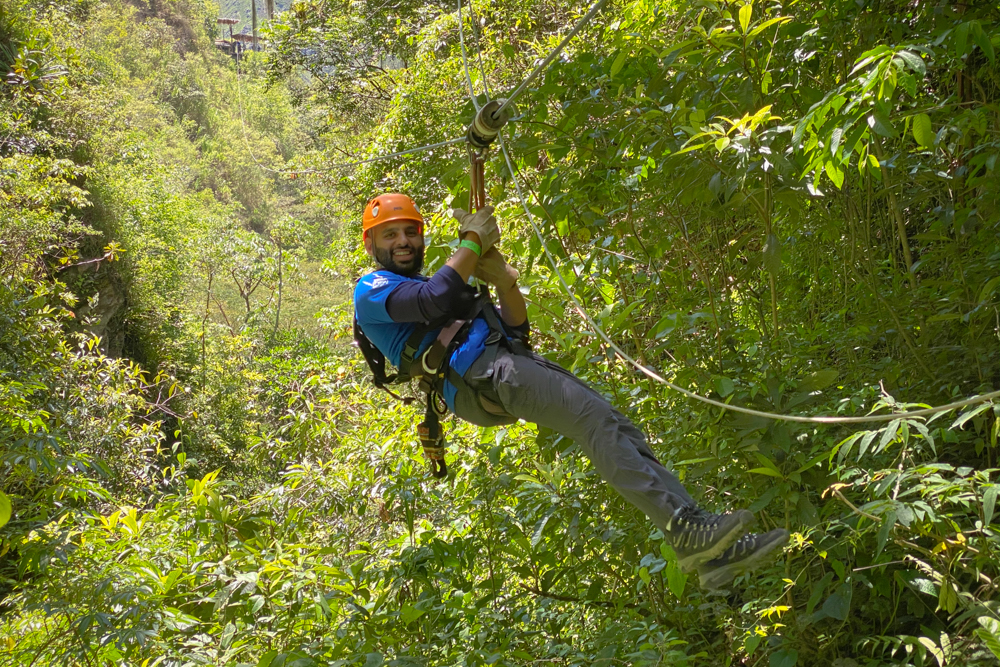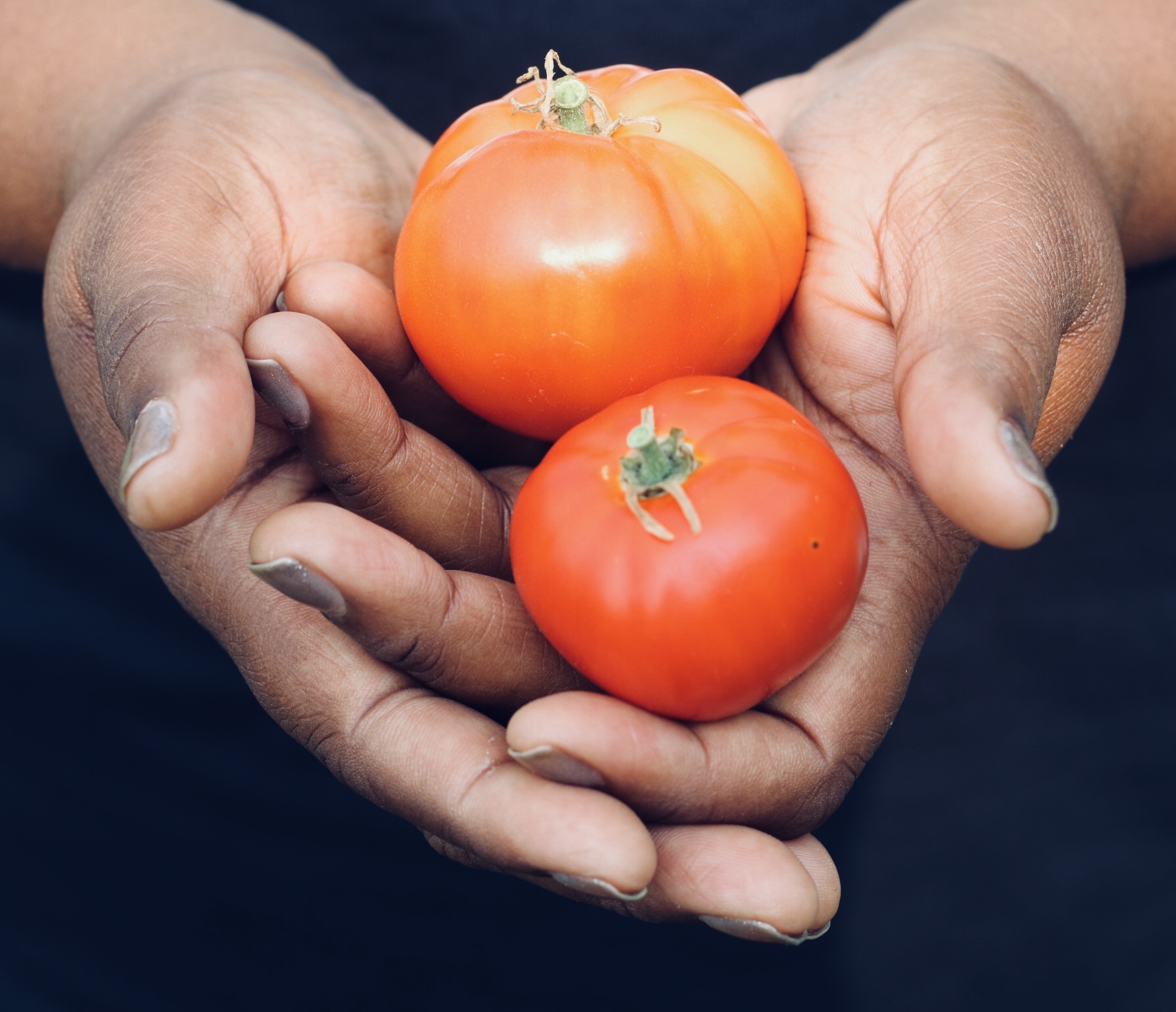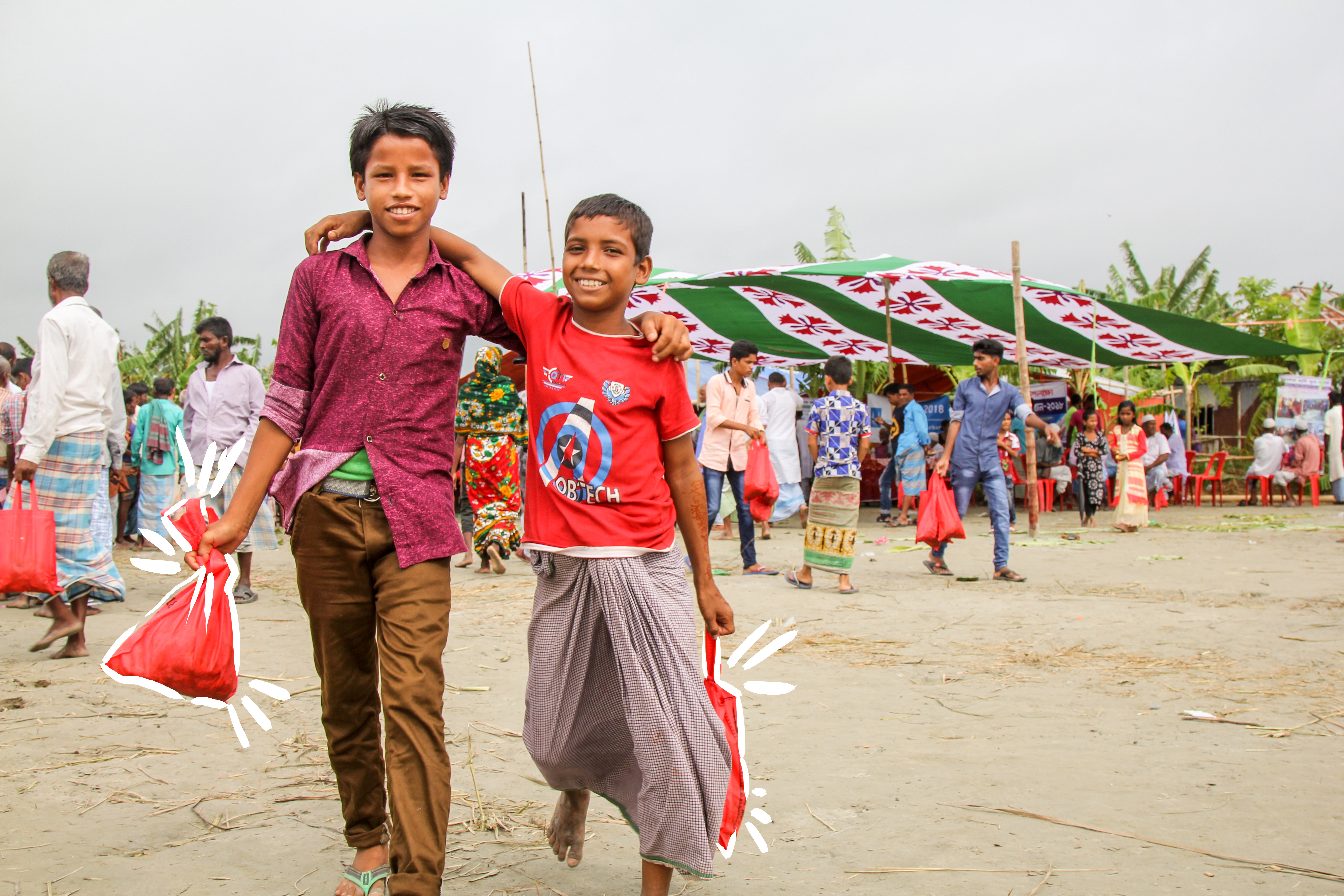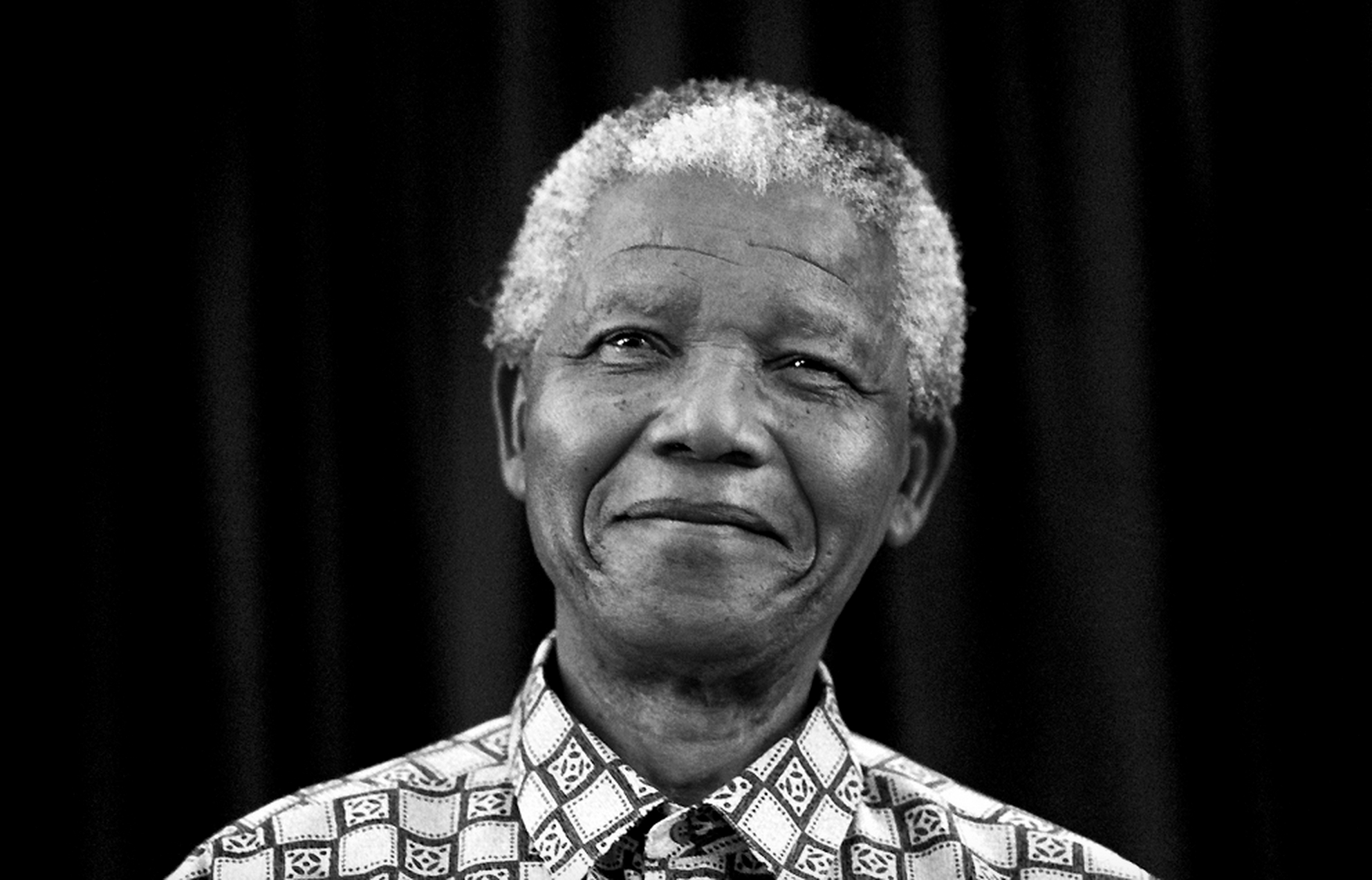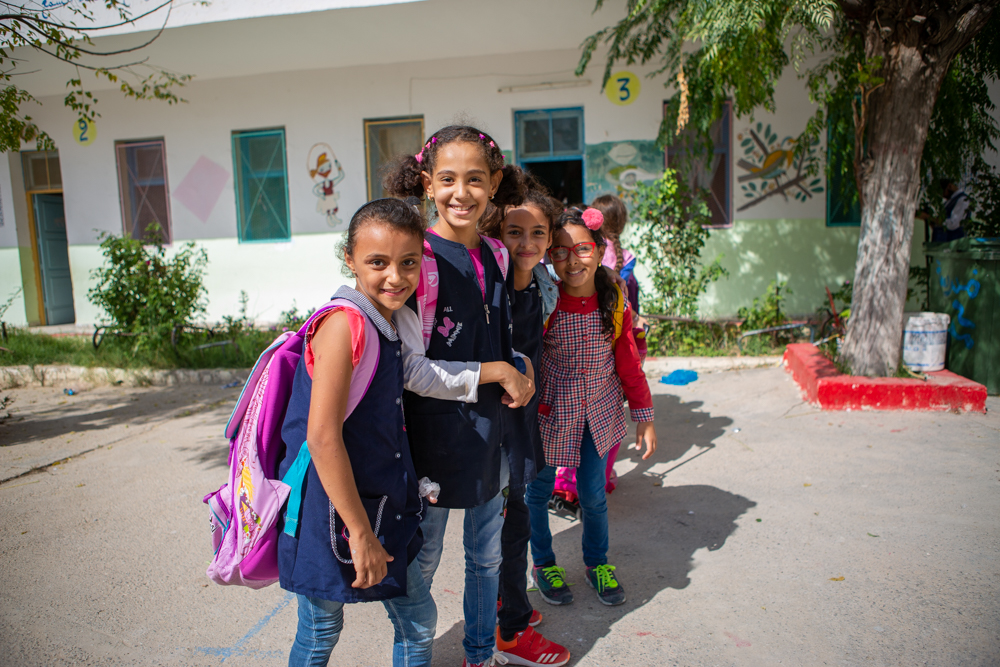-
Ibtihaj Muhammad: We’re Rooting for You!
Christy Bectel reflects on Ibtihaj Muhammad’s visit to Islamic Relief USA. Christy was a Public Affairs Intern this summer at Islamic Relief USA. She is originally from Michigan and is a senior at Grand Valley State University majoring in International Relations and minoring in Middle East Studies and German. The morning of July 21 was a bit more exciting than usual at IRUSA as news got around that Ibtihaj Muhammad would be stopping by for a quick visit. Most of the staff was already familiar with the 30-year-old athlete who will be the first U.S. woman to wear a hijab when she competes at the Olympics in Rio de Janeiro this…
-
Faith Communities and Women’s Sexual and Reproductive Rights
Sharifa Abdul-Aziz is the Senior Gender Policy Advisor at Islamic Relief Worldwide. Sharifa attended the Women Deliver conference on behalf of Islamic Relief USA, who is part of the Faith Alliance for Health who organized the panel Sharifa spoke at. She wrote the following reflection Women Deliver is a leading global advocacy platform for women and girls rights, health and wellbeing. Thousands of influencers, policy makers, activists, journalists and young people from a number of countries come together to promote and highlight solutions and focus on how to make Sustainable Development Goals matter to women and girls. The event takes place every three years and has achieved putting maternal,…
-
In Solidarity: A Lesson from IRUSA’s Capitol Hill Iftar
Christy Bectel recently attended the Capitol Hill Iftar and shares her refections. Christy is a Public Affairs Intern at Islamic Relief USA. She is originally from Michigan and is a senior at Grand Valley State University majoring in International Relations and minoring in Middle East Studies and German. The mention of certain cities in the U.S. often evokes images of decline, decay, even pity. Particularly in my home state of Michigan, Flint and Detroit are the cities people name and quickly dismiss in their discussions of poverty in the U.S. Though I’m a resident of neither, I feel an inclination to defend these cities, the stories of which are often framed through…
-
World Environment Day and the Muslim’s Duty
Salam Aznan, Marketing Specialist at IRUSA, reflects on our duty to the environment. Our Duty Out of the many obligations bestowed upon us by Allah (subhana wa ta’ala) and our beloved Prophet (peace be upon him), one of the most neglected aspects of our religion is our duty to the environment. Islam teaches us to be kind to our neighbors, to be generous with o Our Islam There are a wide variety of hadiths and Qur’anic ayahs directing us to protect and to not neglect the sanctity of the environment. In Surah Al-A’raf, Allah (SWT) commands us to not consume extravagantly, “O children of Adam, take your adornment at every…
-
What Will Happen to the Children?
by Christina Tobias-Nahi, Director of Public Affairs at IRUSA I have just come back from Jordan, Lebanon and Turkey with an inter-agency interfaith team tasked with looking at child protection and welfare issues of emerging concern in the region. Even though I have a background in early childhood education and vulnerable children’s issues – truly I was not prepared for what we saw. Our main takeaway was this: If there is no cessation of hostilities in Syria, the children around the region will continue to suffer like we have never seen before and the effects will be multi-generational. Not just for those fleeing Syria but for the children in the…
-
IRUSA Responds to Houston Floods
Islamic Relief USA’s Disaster Response Team Manager Hani Hamwi describes his experience delivering aid in the aftermath of the Houston floods. Losing a home is more than just losing shelter and a roof over your head; it’s losing all the little things that make that structure a home. Children lose their toys, school books, and stuffed animals. They watch their parents and caretakers struggle to find a way to stay safe. The most affected are those living in apartment complexes, most of the time with government assistance. They have nowhere to go. Immediately after a disaster, these shelters are crucial. But the experience of living in one can have extremely…
-
Dear Aleppo…
IRUSA’s Mayssoun Olabi is from Aleppo, Syria. In the aftermath of the recent attacks, she shares a reflection. Today I woke up with a heavy heart. My usual, happy disposition was muted by images that played over in my head, and sounds that echoed off the walls of my heart. My whole body ached. And though I was deeply upset, I needed to show the world that everything was okay. I needed to show my children. I needed to show myself. Forcing a smile on my face, I went about the morning as usual: Wake up, kids! Brush-your-teeth-comb-your-hair-get-ready-for-school. Eat your breakfast. I smiled as my 7-year-old daughter, Mariam, asked me…
-
70% of the World Is Water — But So Often, There’s Not a Drop to Drink
When you think of places where girls have to walk for hours to carry back water, you might tend to think of hot, dry regions of Africa. But water shortages can happen anywhere in the world—from remote villages in Albania to cities right here in the United States. Schoolchildren learn that water covers 70% of the planet—it sounds so plentiful. But the fresh water we drink and use in our homes and on our farms only makes up 3% of the world’s water. And most of that is unavailable—locked up in frozen glaciers or otherwise inaccessible. So providing clean water is more difficult than it might sound at first glance.…
-
My People of Syria — I’ll Keep Sharing Your Stories
For five years I have watched my people lose their homes and lives to war. For five years I have watched as they scattered around the world in search for safety. From country to country, refugee camp to refugee camp, year after year. For five years, in six different countries and in dozens of camps, I have witnessed first-hand the effects of war and conflict on the people from the same nation my mother, grandmother and her mother were born in—Syria. I’ve seen my fellow Syrians in Lebanon, living in makeshift homes wherever they could find, a masjid construction site, a building boiler room and a leather factory near the…
-
Celebrating Unseen Strength on International Women’s Day
When you think of the word “strong,” who do you think of? A muscular man, lifting weights … fixing a road with heavy machinery … carrying bricks to build a big wall? That’s physical strength, yes. But so often, strength looks like this: It’s Mina Bibi, cleaning a clinic in Pakistan for $10 a month to support her four daughters after losing her husband. And then an earthquake destroys her house, and she has to pick up the pieces for them, all alone. That’s strength. Strength is Naza, surviving World War II and the war in Bosnia, losing her husband, seeing her village burned down, then starting over in a…

